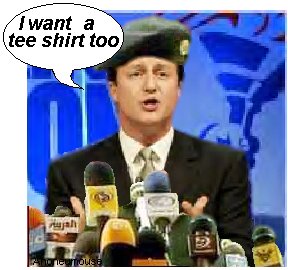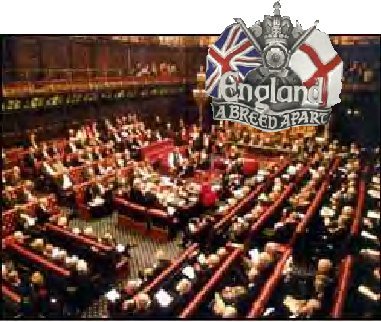'English votes on English issues'
The Conservatives are to recommend that Scottish MPs be banned from voting on issues that only affect England. BBC

Why just Scottish MP's? and why just voting? what about the Committee stage?
When a Bill has passed its second reading in the House of Commons, it is usually referred to a standing committee “upstairs” for detailed examination. The committee consists of from 16 to 50 Mps, but usually only about 18. The Committee examines the clauses of the Bill line by line and detailed amendments are considered. The Bill’s opponents, seeking to emasculate or destroy it, propose some amendments but many are technical improvements and clarifications proposed by the government itself. Occasionally a Bill may be referred to the whole House, sitting in committee, for example, Bills of great constitutional importance or a Finance Bill. At the committee stage, MPs study the Bill in depth, dealing with each clause in turn, line by line. Whilst individual provisions may be altered, the main principle of the Bill is preserved.
In order to become an Act of Parliament, a Bill must be passed by both Houses of Parliament and then receive Royal Assent.
After passing its third reading a Bill is sent to the House of Lords. The role of the House of Lords is to act as a check on the Governments power. The passage through the second House is not a formality, and Bills can be further amended.
So, will Scottish, Irish and Welsh born peers be exempt from voting too
And why are Laws which are passed in Scotland, not subjected to House of Lords scrutiny?

.

Why just Scottish MP's? and why just voting? what about the Committee stage?
When a Bill has passed its second reading in the House of Commons, it is usually referred to a standing committee “upstairs” for detailed examination. The committee consists of from 16 to 50 Mps, but usually only about 18. The Committee examines the clauses of the Bill line by line and detailed amendments are considered. The Bill’s opponents, seeking to emasculate or destroy it, propose some amendments but many are technical improvements and clarifications proposed by the government itself. Occasionally a Bill may be referred to the whole House, sitting in committee, for example, Bills of great constitutional importance or a Finance Bill. At the committee stage, MPs study the Bill in depth, dealing with each clause in turn, line by line. Whilst individual provisions may be altered, the main principle of the Bill is preserved.
In order to become an Act of Parliament, a Bill must be passed by both Houses of Parliament and then receive Royal Assent.
After passing its third reading a Bill is sent to the House of Lords. The role of the House of Lords is to act as a check on the Governments power. The passage through the second House is not a formality, and Bills can be further amended.
So, will Scottish, Irish and Welsh born peers be exempt from voting too
And why are Laws which are passed in Scotland, not subjected to House of Lords scrutiny?

.



0 Comments:
Post a Comment
<< Home